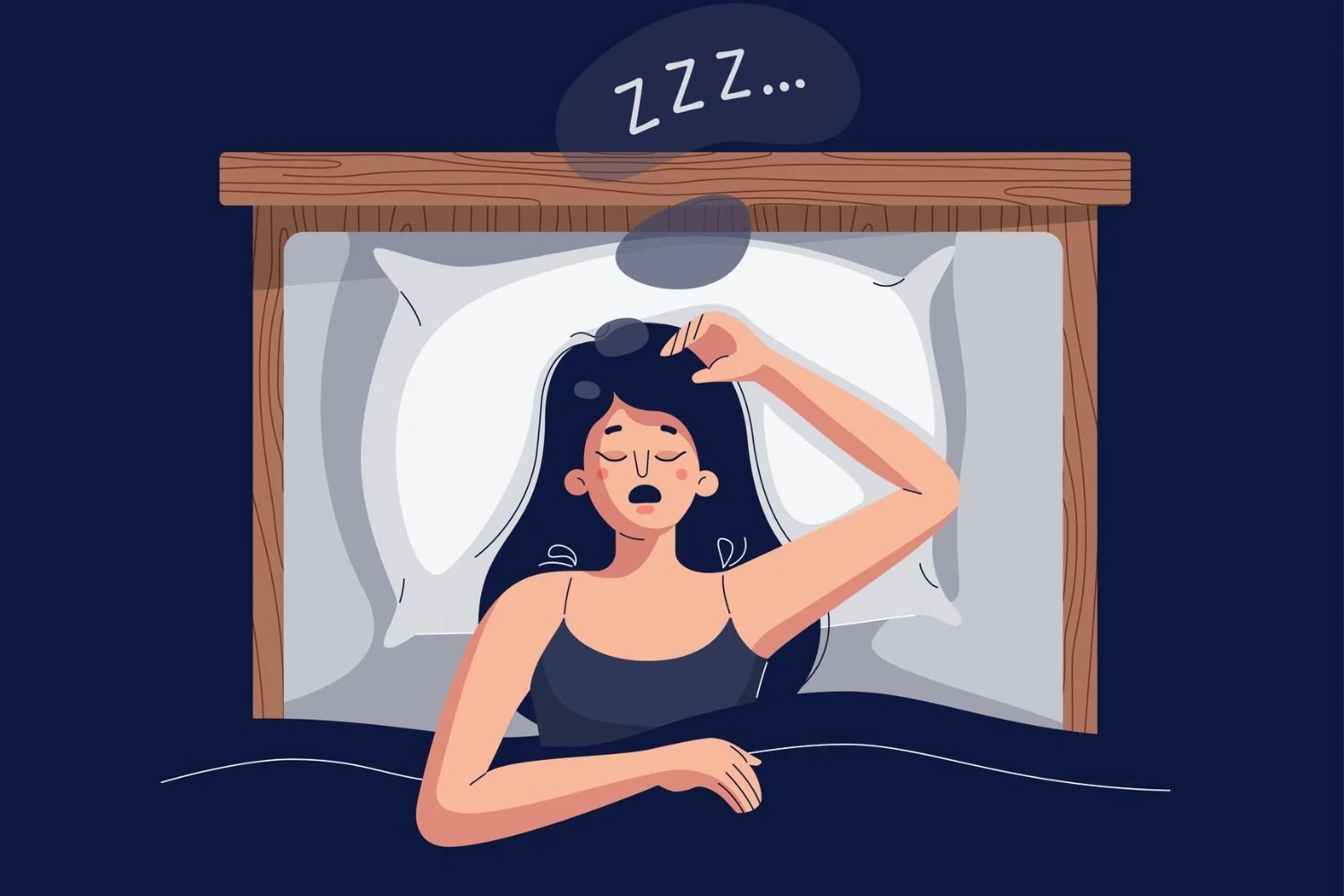Dreams and Sleep — REM Reward


Psychological Perspectives on Dreams
Dreams have always been a fascinating topic of conversation. Sigmund Freud, one of the most well-known experts in psychology, believed that dreams are stories created by our unconscious mind. He believed that dreams had both manifest content (the actual images and events of the dream) as well as latent content (the hidden, symbolic meaning of the dream). Freud believed that dreams are a window into a person’s unconscious. By analyzing a dream’s latent content, we could learn about our hidden desires and unresolved conflicts.
However, not everyone believes that dreams have symbolic significance. Many modern scientists view dreams as a neurological byproduct of brain activity during REM sleep. From this perspective, dreams are the mind’s way of processing and integrating memories, emotions, and experiences that we experience during the day.
Dreams
As you can see, when it comes to dreams, there are many different viewpoints. Some researchers believe that dreams have many benefits, such as unconscious understanding, emotional regulation, problem-solving, and reinforcing learning and memory. Others argue that dreams are merely random ‘noise’ generated by the brain’s activity during sleep.
Conclusion
Regardless of their interpretation, dreams are a universal human experience, reflecting the complexity and mystery of our minds. The lightbulb theory offers an easy to understand analogy for understanding the relationship between REM sleep and dreams, but it’s hard to say for sure whether dreams are a window to our subconscious or a result of our brain’s nightly activities. Either way, whether viewed through the lens of psychology, neuroscience, or personal introspection, dreams are a natural part of sleep and remain one of the most mysterious aspects of our sleep life.



